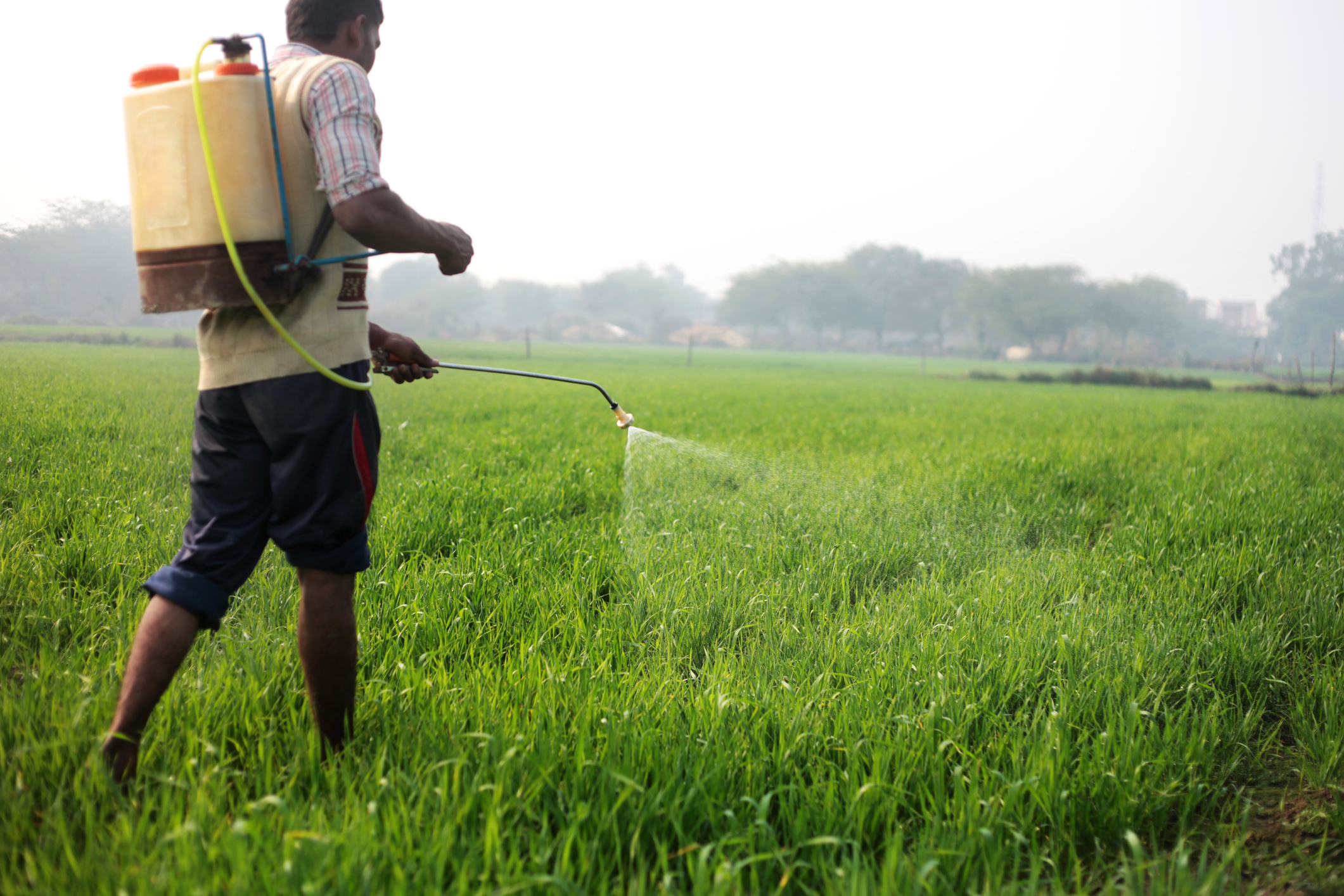
May 28, 2024
The market stood at INR 94,210 crore in 2023, driven by increased agricultural demands and strategic government interventions
Fertiliser production hit 45.2 million tonnes in FY24, reflecting the successful policies of the Ministry of Fertilisers
Schemes like PM-KISAN and PM-Garib Kalyan Yojana, endorsed by the UN, enhance farmer liquidity and food security
Plans to boost nano liquid urea production plants from nine to thirteen by 2025, targeting self-sufficiency

The Indian fertiliser industry is poised for robust growth, with the market expected to reach INR 1.38 lakh crore by 2032, growing at a Compound Annual Growth Rate (CAGR) of 4.2% from 2024 to 2032, according to the latest IMARC Group report. This highlights the sector’s critical role in enhancing India’s agricultural productivity and food security. In 2023, the market size stood at INR 94,210 crore, driven by rising agricultural demands and strategic government interventions. Fertiliser production in FY24 was 45.2 million tonnes, showcasing the success of the Ministry of Fertilizers’ policies. Following China, India’s status as the world’s second-largest producer of fruits and vegetables further propels the industry’s growth.
Government initiatives, such as direct income support schemes from central and state governments, have boosted farmer liquidity, enabling greater fertiliser investment. Programs like PM-KISAN and PM-Garib Kalyan Yojana have been endorsed by the United Nations Development Programme for their contributions to food security. The geopolitical landscape has also influenced India’s fertiliser market, with the government prioritising domestic production of nano-liquid urea to stabilise prices. Minister Mansukh Mandaviya announced plans to increase nano liquid urea production plants from nine to thirteen by 2025, with an expected output of 44 crore bottles of 500 ml nano urea and di-ammonium phosphate (DAP).
In line with the Atmanirbhar Bharat initiative, India’s dependence on fertiliser imports has significantly decreased. In FY24, urea imports declined by 7%, DAP by 22%, and NPKs by 21%, marking a major step towards self-sufficiency and economic resilience. The government mandates 100% Neem coating on all subsidised agricultural grade urea to enhance nutrient efficiency, improve crop yield, maintain soil health, and prevent the diversion of urea for non-agricultural purposes.
India has emerged as a global leader in nano agricultural inputs, including nano fertilisers and micronutrients, promoting environmental sustainability without compromising crop yields. The government aims to achieve self-sufficiency in urea production by 2025-26 through increased local production of nano urea. Additionally, the Paramparagat Krishi Vikas Yojana (PKVY) promotes organic farming, offering INR 50,000 per hectare for three years, with INR 31,000 directly allocated to farmers for organic inputs. The potential market for organic and bio-fertilizers is poised for expansion.
Climate change poses a significant challenge, with projections suggesting a potential 19.3% reduction in wheat yields by 2050 and 40% by 2080. To address this, the National Mission for Sustainable Agriculture (NMSA) is implementing strategies to make Indian agriculture more resilient to climate change. The government is also focused on reviving closed fertiliser plants in Talcher, Ramagundam, Gorakhpur, Sindri, and Barauni and educating farmers about balanced fertiliser use, crop productivity, and the benefits of cost-effective subsidised fertilisers. Continuous research and innovation are essential for developing new types of fertilisers and improving existing ones.
Source: Economic Times